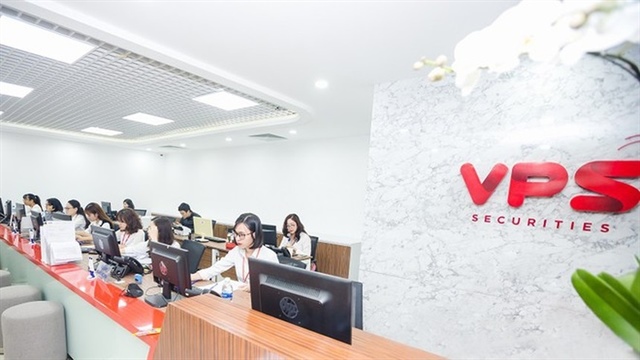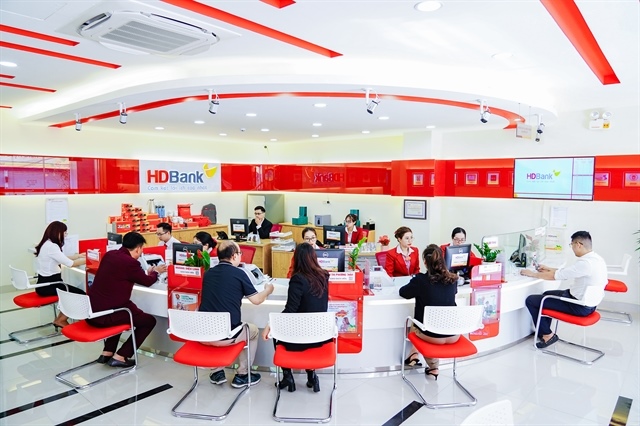VIC assigned 'B' rating with outlook stable; proposed notes rated 'B'
VIC assigned 'B' rating with outlook stable; proposed notes rated 'B'
- The weak outlook for Vingroup's property sales and collection risks offset the benefits of its relatively large and low-cost land bank and sizable portfolio of leasing properties and hotels.- We are assigning our 'B' long-term corporate credit rating and 'axBB-' ASEAN regional scale rating to the Vietnam-based real estate developer. We are also assigning our 'B' issue rating to a proposed issue of senior unsecured notes, which the company's subsidiaries guarantee.
- The stable outlook reflects our expectation that Vingroup will have "adequate" liquidity and that it has some financial flexibility to counter weak property sales over the next 12 months.
* Fitch rates Vietnam's Vingroup 'B+'; proposed notes 'B+(EXP)'

Standard & Poor's Ratings Services said today that it had assigned its 'B' long-term corporate credit rating to Vietnam-based real estate developer Vingroup Joint Stock Co. The outlook is stable. We also assigned our 'axBB-' ASEAN regional scale rating to the company. At the same time, we assigned our 'B' issue rating to the proposed issue of senior unsecured notes guaranteed by most of Vingroup's wholly owned subsidiaries and 98.36%-owned subsidiary Royal City Real Estate Development and Investment Joint Stock Company. The rating on the notes is subject to our review of the final issue documents.
"The rating reflects the weak outlook for Vingroup's property sales and the collection risks on its outstanding receivables," said Standard & Poor's credit analyst Kah Ling Chan. "The rating also reflects the company's significant debt appetite, heightened risk tolerance on significant foreign exchange exposure, and credit support for some of its property buyers. Vingroup's large operating scale with a low-cost land bank, established brand name in Vietnam, and modest, albeit growing, recurring income from retail malls, offices, hospital, hotels, and recreational services temper these weaknesses."
We view the company's business risk profile as "weak" and its financial risk profile as "highly leveraged."
In our opinion, the weak sales outlook reflects the challenging conditions in the residential property market in Vietnam. The visibility for a recovery is limited because of a relatively subdued economic outlook and interest rates that remain high despite being recently lowered. In addition, the industry risk for Vietnam's real estate market is high due to volatile property cycles and limited liquidity. Vingroup's property sales were sluggish in the first nine months of 2012. The cancellation of some contracted sales offset new sales. We believe some of the US$795 million outstanding receivables will still be exposed to default risk as Vingroup progressively completes its projects and delivers the apartments to buyers.
Vingroup's financial risk profile reflects its large capital expenditure that requires debt funding. The company has increased its debt aggressively in 2012 to fund the construction of new projects. In the first half of 2012, it raised US$300 million in convertible bonds. The proposed notes will further increase Vingroup's total borrowings, resulting in its ratio of debt to debt plus equity rising to about 60% by the end of 2012, from 39% at the end of 2011.
The company will use the bulk of the new debt for the development of its existing and new projects with the balance for working capital and general corporate purposes.
Vingroup's large low-cost land bank in the two major commercial cities in Vietnam supports the rating, and should underpin the company's good profitability over the next three to five years, in our view. Vingroup's sizable portfolio of leasing properties and hotels and resorts further supports the rating. On the whole, the portfolio has several properties (including hotels) that generate stable recurring income."The stable outlook reflects our expectation that Vingroup will have adequate liquidity and some financial flexibility to weather a challenging property market," said Ms. Chan. "We expect the company to receive the majority of its outstanding receivables and believe that it will cut capital expenditure to maintain a sufficient liquidity buffer."
Potential upside to the rating is limited for the next 12 months. We may raise the rating if property sales improve and the property market outlook stabilizes. This could happen if Vingroup improves its property sales significantly in 2013 and maintains its market position and profitability while increasing the diversity in its leasing portfolio.
We could lower the rating if Vingroup's collection of receivables is significantly lower than we expected, the property market deteriorates, and the company's debt-funded expansion is more aggressive than we expect.
S&P



















